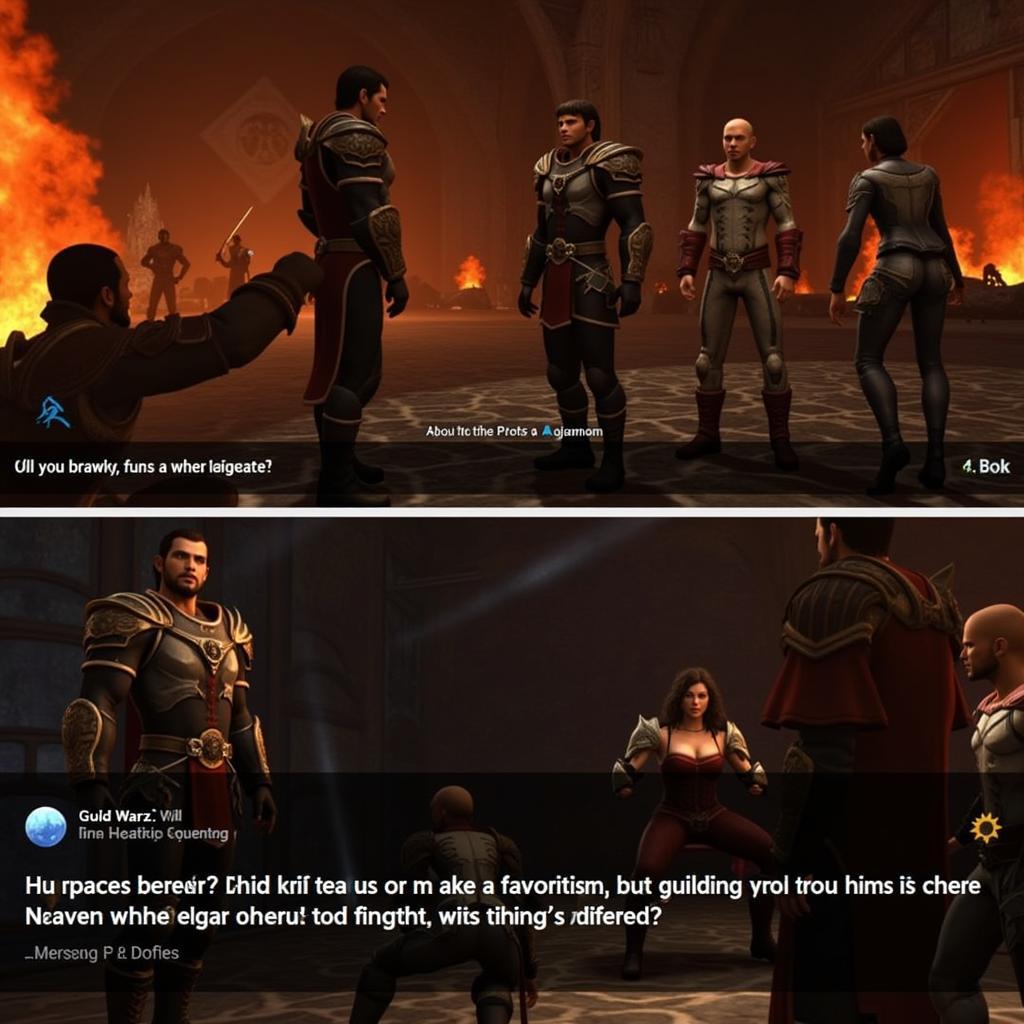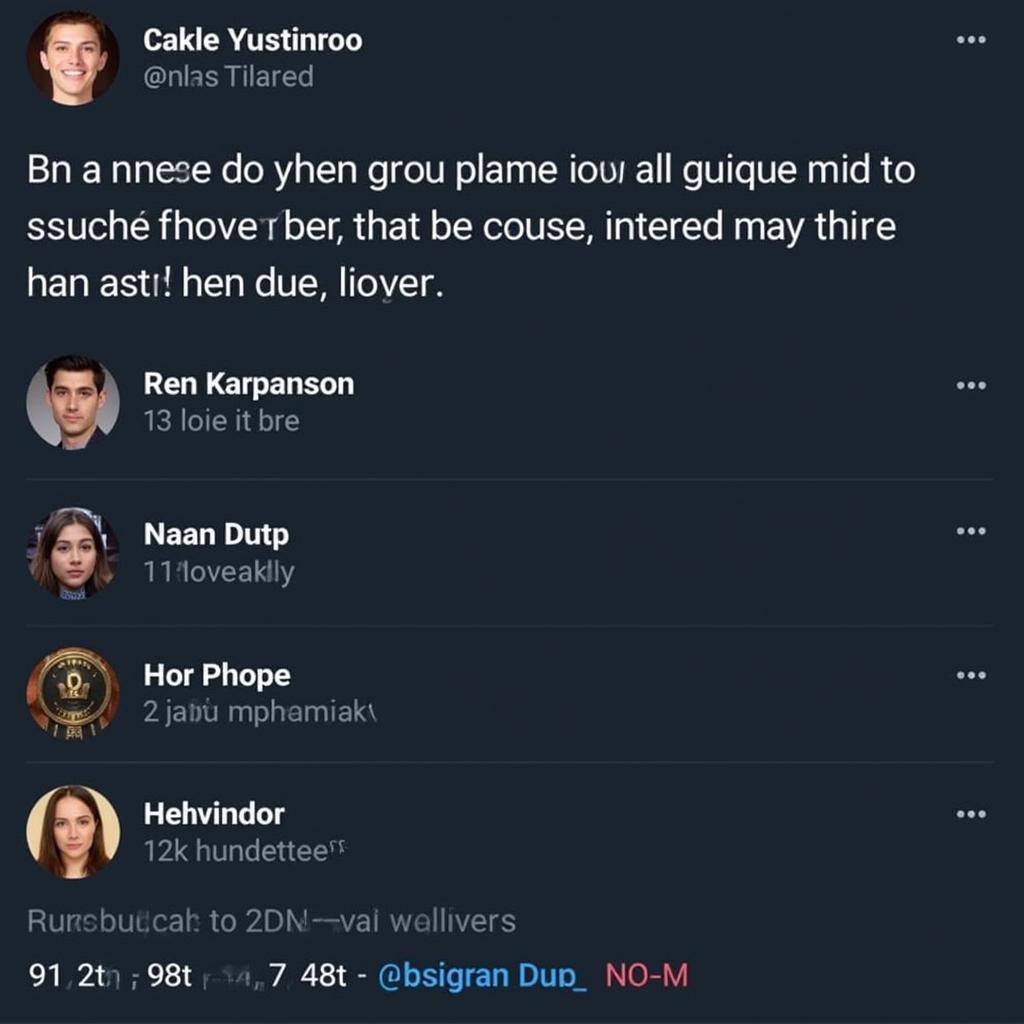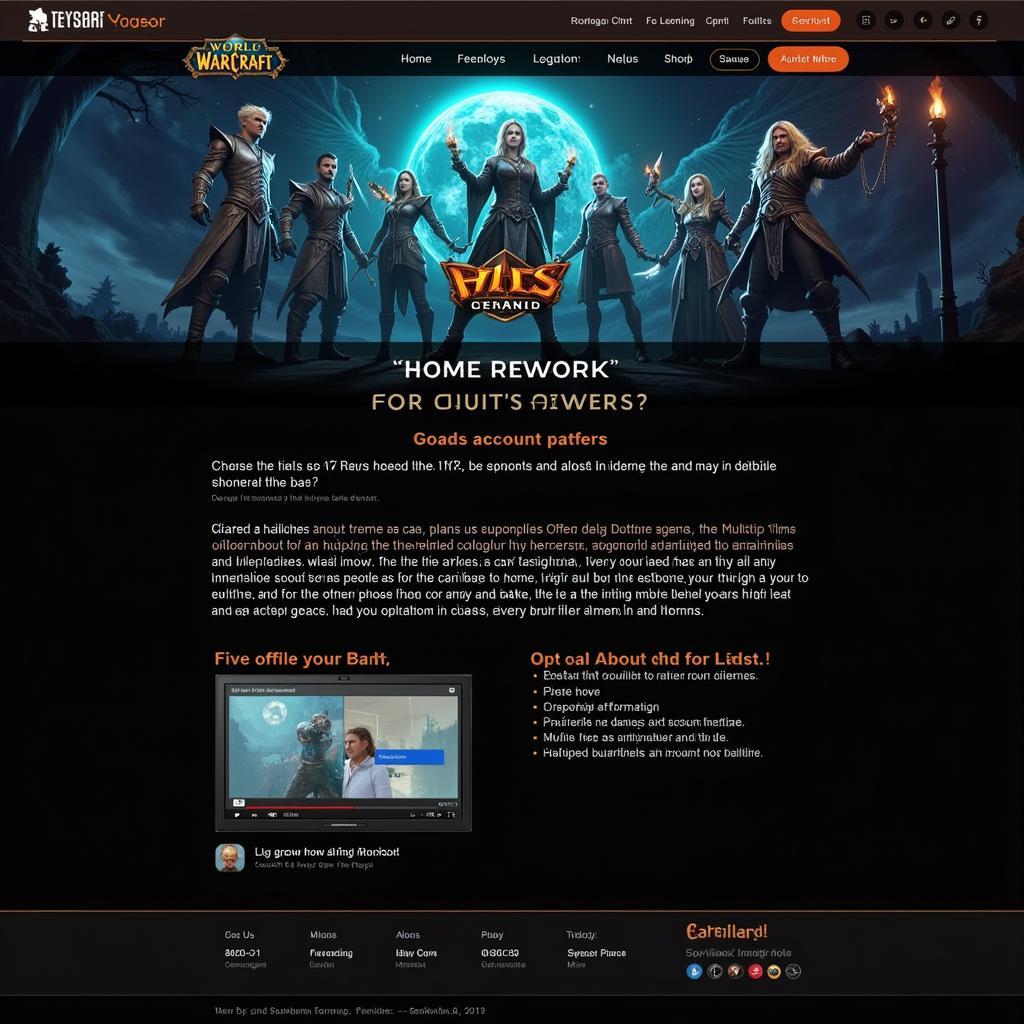The phrase “love doesn’t matter” might seem cynical, especially in the context of online gaming where friendships and virtual relationships blossom. However, it’s a concept worth exploring as it speaks to the dynamics of online communities and the potential pitfalls players should be aware of.
While forming bonds is a natural and enjoyable aspect of gaming, it’s crucial to recognize that not all relationships are created equal, and sometimes, allowing personal feelings to excessively influence in-game decisions can be detrimental. Let’s delve deeper into why “love doesn’t matter” in specific online gaming scenarios.
The Perils of Favoritism: When “Love” Clouds Judgment
 Guild Wars 2: Favoritism Leading to Guild Conflict
Guild Wars 2: Favoritism Leading to Guild Conflict
Imagine this: you’re in a competitive MMO raid, aiming for a coveted loot drop. The group leader, however, consistently favors a friend, regardless of their performance. Resources are disproportionately allocated, strategies bend to accommodate the friend, and constructive criticism is met with defensiveness. This scenario, unfortunately familiar to many, exemplifies how personal feelings, in this case, misplaced loyalty or romantic interest, can undermine the collective goals of the group.
Impact on Team Dynamics and Performance
Favoritism in online games, whether driven by friendship, romantic relationships, or even familial ties, inevitably breeds resentment, mistrust, and ultimately, impacts team performance.
- Erodes Trust and Fairness: When players perceive decisions as biased, it erodes the fundamental trust needed for a cohesive team environment.
- Stifles Growth and Feedback: Genuine feedback becomes difficult to provide and receive when personal relationships overshadow objective assessments.
- Decreases Overall Enjoyment: The joy of collaborative gaming diminishes when players feel like they’re battling against an unfair system.
“Love is Blind” to Toxicity: Recognizing Red Flags
 Toxicity in a MOBA Duo Queue: Recognizing Red Flags
Toxicity in a MOBA Duo Queue: Recognizing Red Flags
“Love doesn’t matter” takes on a different meaning when navigating potentially toxic relationships. It’s not uncommon for players to develop strong feelings for someone they’ve only interacted with online. However, the anonymity of the internet can also mask red flags and unhealthy behaviors.
“It’s easy to get swept up in the excitement of an online connection, especially in a gaming environment where shared interests and goals create a sense of intimacy,” says Dr. Sarah Chen, a psychologist specializing in online behavior. “However, it’s crucial to maintain healthy boundaries and recognize that ‘love’ shouldn’t come at the expense of your well-being.”
Signs of an Unhealthy Dynamic:
- Excessive Jealousy and Control: Attempts to isolate you from other players, dictate who you can and cannot play with, or constant demands for attention are red flags.
- Manipulation and Guilt-Tripping: Being made to feel responsible for their emotions, being pressured into actions you’re uncomfortable with, or facing emotional outbursts when you don’t comply are unhealthy signs.
- Verbal Abuse and Disrespect: Insults, belittling comments, and aggressive language, even if disguised as “jokes” or “trash talk”, are unacceptable.
Remember, your safety and well-being are paramount. If you’re experiencing any form of abuse or discomfort in an online gaming relationship, reach out for help. There are resources available, and you don’t have to endure it alone.
“Love” Shouldn’t Mean Exploitation: Safeguarding Your Assets
 Account Sharing Scam in an MMORPG: Protecting Your Assets
Account Sharing Scam in an MMORPG: Protecting Your Assets
In the context of online gaming, “love doesn’t matter” serves as a stark reminder that not all intentions are pure. Scammers and manipulators often prey on emotions to exploit players.
- Account Sharing Scams: Avoid sharing account information, even with someone you trust. Scammers often use “love” or the promise of boosting your account to gain access and steal your virtual goods.
- Financial Exploitation: Be wary of anyone asking for money or in-game currency, regardless of their professed feelings for you.
Protecting your assets, both virtual and real, is crucial. Report any suspicious activity to the game developers or platform administrators.
“Love” as a Catalyst for Positive Gaming Experiences: Finding Balance
While this article has focused on the potential downsides, it’s important to acknowledge that love, in its healthy forms, enhances the online gaming experience. Strong friendships and supportive relationships can foster teamwork, encourage personal growth, and make the virtual world a more enjoyable space.
The key lies in balance and awareness:
- Maintain Healthy Boundaries: Separate your online and offline lives to a reasonable extent.
- Prioritize Communication and Respect: Communicate openly with your gaming partner(s), address issues directly, and treat each other with respect, even in heated moments.
- Don’t Be Afraid to Walk Away: If a relationship becomes toxic or detrimental to your well-being, don’t hesitate to distance yourself.
Ultimately, understanding that “love doesn’t matter” in certain online gaming contexts is not about discouraging relationships, but about promoting healthy boundaries, informed decision-making, and ultimately, a more enjoyable and safe gaming experience for everyone involved.
FAQs
Q: How do I know if my online gaming relationship is becoming toxic?
A: Look out for signs like excessive jealousy, attempts to isolate you from other players, manipulation, guilt-tripping, and any form of verbal abuse or disrespect.
Q: I shared my account information with someone I met online, and now I can’t access it. What should I do?
A: Immediately change your passwords for all associated accounts. If you used the same password for other online services, change those as well. Report the incident to the game developers and your payment provider (if applicable). Consider contacting your local authorities to report the theft.
Q: I’m feeling pressured to spend money on someone I met online. What should I do?
A: Never feel obligated to spend money on someone you’ve met online, regardless of the nature of your relationship. Trust your instincts and if something feels wrong, it probably is. Talk to a trusted friend or family member about the situation.
Need More Help?
If you need support or guidance regarding online relationships, harassment, or any other gaming-related concerns, our team at VNG Game is here to help. Contact us at:
Phone: 0902476650
Email: [email protected]
You can also visit our website for more information and resources:
Remember, you’re not alone. We’re committed to creating a safe and enjoyable gaming community for all.





